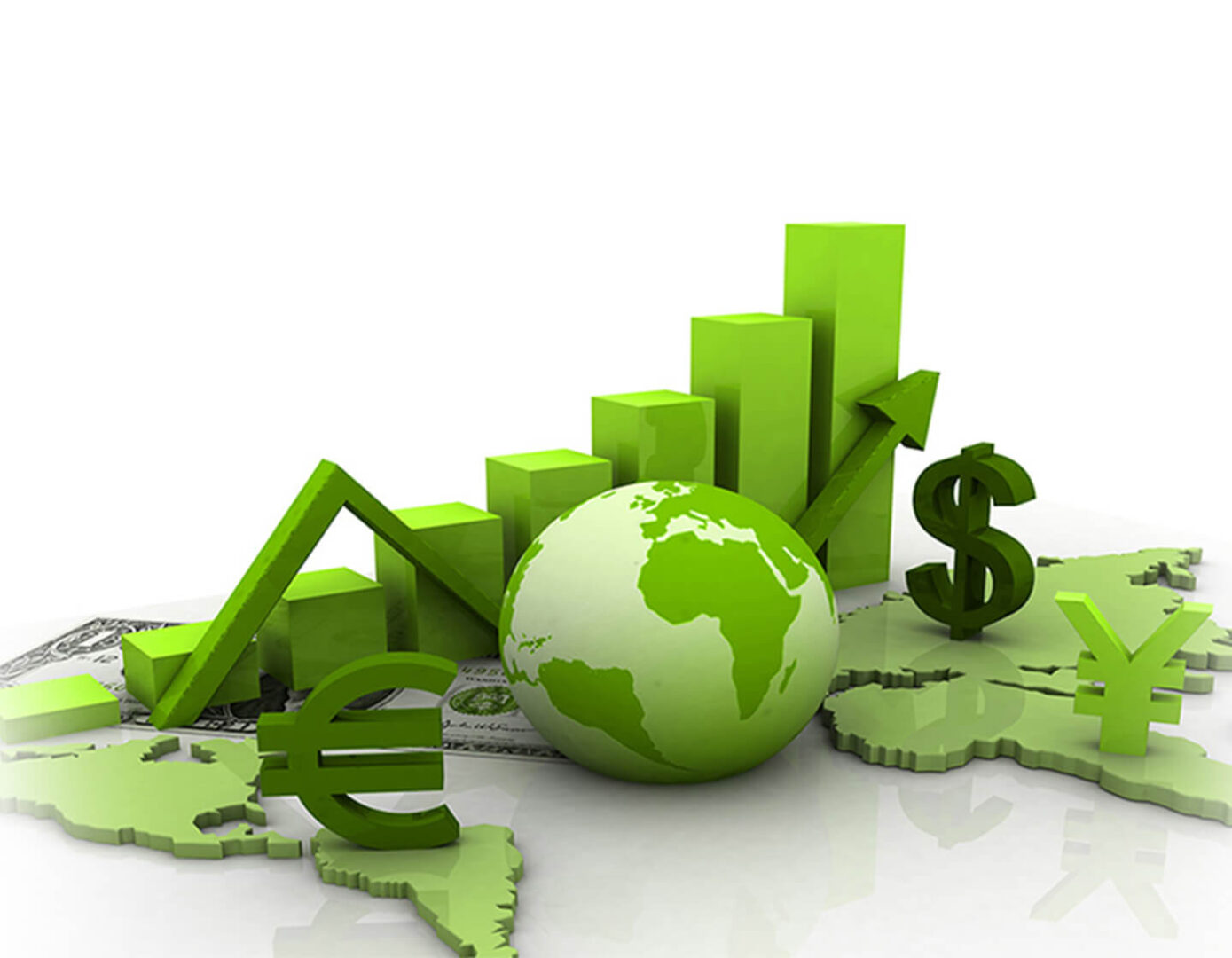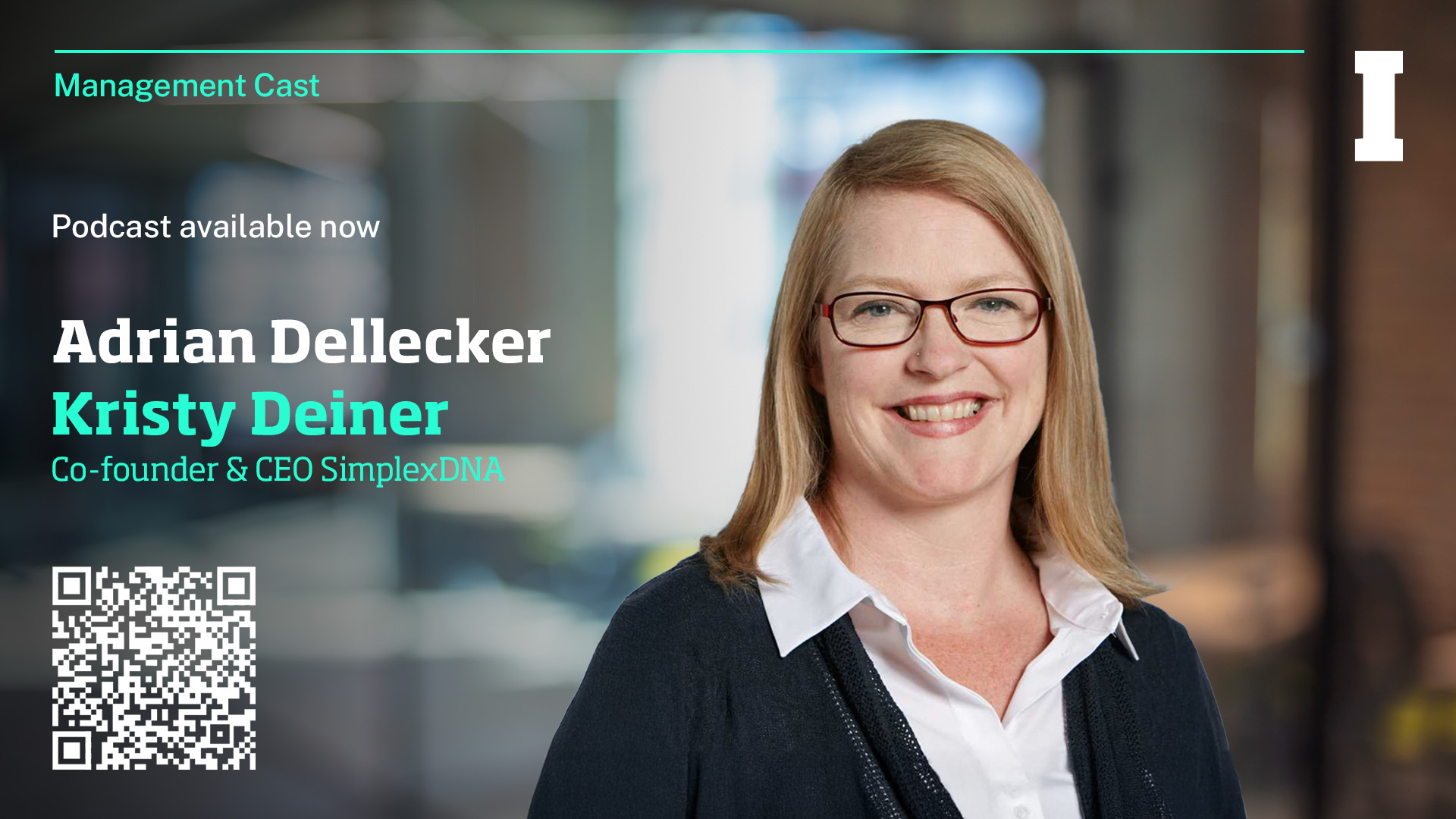During The Evian Group @ IMD Taskforce meeting in February 2012, participants debated the challenges of the global governance of trade in terms of justice, equity and solidarity. The event brought together senior government officials, representatives from the business community, thought leaders and civil society.
Introduction
The Doha Development Round is the latest round of trade negotiations among the World Trade Organization (WTO) membership. Its aim is to achieve major reform of the international trading system through the introduction of lower trade barriers and revised trade rules. The work program covers about 20 areas of trade. The Round is also known semi-officially as the Doha Development Agenda as a fundamental objective is to improve the trading prospects of developing countries.
In February 2011, The Evian Group @ IMD launched the Doha Development Agenda Taskforce to reflect on the costs of a non-Doha and to define the outlook of a post-Doha environment. The group has convened twice since. In July 2011, debates focused on the interface between the trade policy process and the realities of trade in the context of the 21st century business environment. It was clearly stated that the discrepancies between trade negotiators and business realities (especially in terms of the ever-growing ramifications of global supply chains) needed to be addressed for the business community to further engage in the multilateral trade regime. In February 2012, the Taskforce members convened to discuss the challenges of the global governance of trade in terms of justice, equity and solidarity.
The event opened with a reference to what constitutes our “moral community of concern,” a question raised by the Nobel Prize-winning economist Michael Spence during his public speech at IMD on 30 January 2012.1 “Does this moral community move outward from the family in concentric circles of diminishing concern as it reaches the extended family, the immediate neighborhood, the region, the nation, and the world? Or do humanity’s deep moral imperatives lead to a flatter world in the sense of a moral community, so that the only morally defensible objective is to reduce inequity between citizens of the world, no matter which nations they happen to inhabit?”2 The objective of the meeting was to reach a set of conclusions that would help broaden the boundaries of this “moral community of concerns.”
The discussions concentrated on four themes:
- Globalization and inequality within societies, with emphasis on the prospects for youth
- Globalization and inequality between countries, especially least developed countries (LDCs): What are the trends?
- The challenges of adjustment in the global economic seismic shift of power, confidence building and global solidarity –in the context of resources, food, water and energy
- Principles for achieving the imperatives of global governance.
1.Globalization and inequality within societies, with emphasis on the prospects for youth
Severe income disparity has been ranked global risk number one in the World Economic Forum 2012 Risk Assessment Report.3 With the risk henceforth publicly acknowledged, the Taskforce members were invited to think about concrete actions to remedy the severe impacts these disparities have on youth specifically.
A consensus was reached on the fact that economic principles followed by market systems are meant to be efficient, not fair. It is the responsibility of the governments to ensure that the system is equitable. China and India have both stressed the imperative of “inclusive growth” and included it as a priority in their respective 12th five-year plans. Brazil too has made progress in reducing inequalities, albeit from a very high base. Inclusion, however, is not a matter exclusively relevant to developing economies; it also features as a major issue in developed economies where disparities are higher than ever and prospects for the middle classes are seen to be dwindling.
On the prospects for youth, the Taskforce members agreed that although globalization is supposed to open opportunities, in reality this mainly applies to skilled workers. Where education systems have not anticipated and foreseen the changes due to globalization, unemployment rates have risen exponentially. In Southern Europe, youths are ill-equipped to benefit from the globalization process and therefore the increasing demand for skilled work is not being met. In Spain, nearly 50% of youths are unemployed.
2. Globalization and inequality between countries, especially least developed countries (LDCs): What are the trends?
This session focused on the international trade and policy regimes, the role of international organizations and the private sector. As a key stakeholder of the international system, the latter clearly has a role to play in fostering equal opportunities by creating wealth, generating jobs, securing health and providing education. However, in order to achieve these, the private sector in LDCs need to be better connected to markets (better roads and services systems are to be provided) and be treated fairly when it comes to market access (trade facilitation).
Development is a complex process. An LDC, should its government be democratic and have the necessary skills to develop, needs policy space in the international trade arena to overcome fully the low-income trap. However, in the current global trade regime, the biggest economies make the rules and tailor them to benefit themselves. Ghana, for example, was a self-sustaining producer of chicken in the 1990s, supplying 95% of the national demand. Two decades later, this had fallen to 10% and Ghana is now massively importing chicken from the EU. One reason for this downturn is that the EU subsidizes its frozen chicken for export. In the agricultural sector, the rules of the international game are clearly unfair, far more than in the industrial sector where markets are much more open and regulated.
The following concrete steps to reduce the inequality between countries were discussed: There should be greater efforts in and emphasis on trade facilitation, technology transfer should be promoted and direct investments should be encouraged. Adjusting the supply chain system is a necessity for closing the inequality gaps. Regionalism in areas with limited or indeed negligible intra-regional trade (e.g. Middle East and North Africa (MENA), South Asia, Sub-Saharan Africa) should be developed through mechanisms such as regional trade and investment agreements. But what is even more important is for mind-sets to change drastically. Trust is to be built/rebuilt and our sense of a global community of concern broadened and deepened.
3. The challenges of adjustment in the global economic seismic shift of power, confidence building and global solidarity –in the context of resources, food, water and energy
The economic crisis of 2008 was not just a stutter. It puts into question the entire paradigm of globalization. Principles of fairness, equity and solidarity must henceforth be taken into account in the global regime. The concept of green economy is increasingly on the agendas of international fora; it refers to a system of interactions among markets, environmental forces and social policies that supports human subsistence and freedoms for coming generations.4 Other arenas such as trade negotiations need to open up a still too narrow debate, mainly focused on economics.
Developing a common vision among the global players on what kind of planet we want5 remains a critical need. We need to choose our final destination before we begin the global governance journey. Once we know where to head, we can start discussing concrete steps to reach our goal. “Vision without implementation is hallucination,” as The Evian Group @IMD Brains Trust member Carlos Braga, Special Representative and Director for Europe, External Affairs (EXT) Vice-Presidency of The World Bank, is fond of saying. Leaders are to provide a framework for a coherent and interrelated economic, environmental and social framework.
Regarding natural resources, it was stressed that the competition for water, food and air becomes fiercer every day. The competitors are more numerous and the resources more scarce. The land grabbing phenomenon has appeared since the 2008 food crisis, where country X buys a piece of land in poorer country Z. Country X owns the land, uses it for agriculture and ships the food produced back to its homeland. When a food crisis occurs, country X is in a position to counteract the food export restriction of country Z, which leaves its inhabitants with no access to the food produced on their homeland. This phenomenon is extremely concerning and creates an unprecedented distorted and unfair distribution of food.
4. Principles for achieving the imperatives of global governance
Participants defined ten principles to create respectful global governance:
- Practice good manners.
- Demonstrate political will.
- Lead responsibly, inclusively, coherently and fairly.
- Develop a common vision.
- Establish a sense of modesty.
- Build trust and confidence among the different stakeholders.
- Be open to fresh innovative thinking and a radical mind-set change
- Govern for the future instead of focusing on the short term
- Ensure transparency and accountability in global institutions
- Keep the momentum going!
Conclusion
The members of The Evian Group @ IMD Taskforce stressed the fact that we are in the middle of a moral crisis. Concrete steps are to be taken in order to build trust and confidence among the stakeholders of the global regimes. A constant and intensive search for a new dynamic, for fresh thinking, for the provision of new tools as a means to escape the current systemic crises was recommended. It was acknowledged that confidence building and dialogue remain essential in a dissonant global environment. The active participation of the private sector in the global trade regime has been promoted by the members of the Taskforce since its onset. It is critical for global business leaders to be far more active in defending and, indeed, promoting the multilateral rules-based international trade regime.
References
- A Discussion with Nobel Laureate Michael Spence.
- Equity and Growth in a Globalizing World. Washington, DC: Commission on Growth and Development
- Global Risks 2012
- Governance of International Trade for the Green Economy











